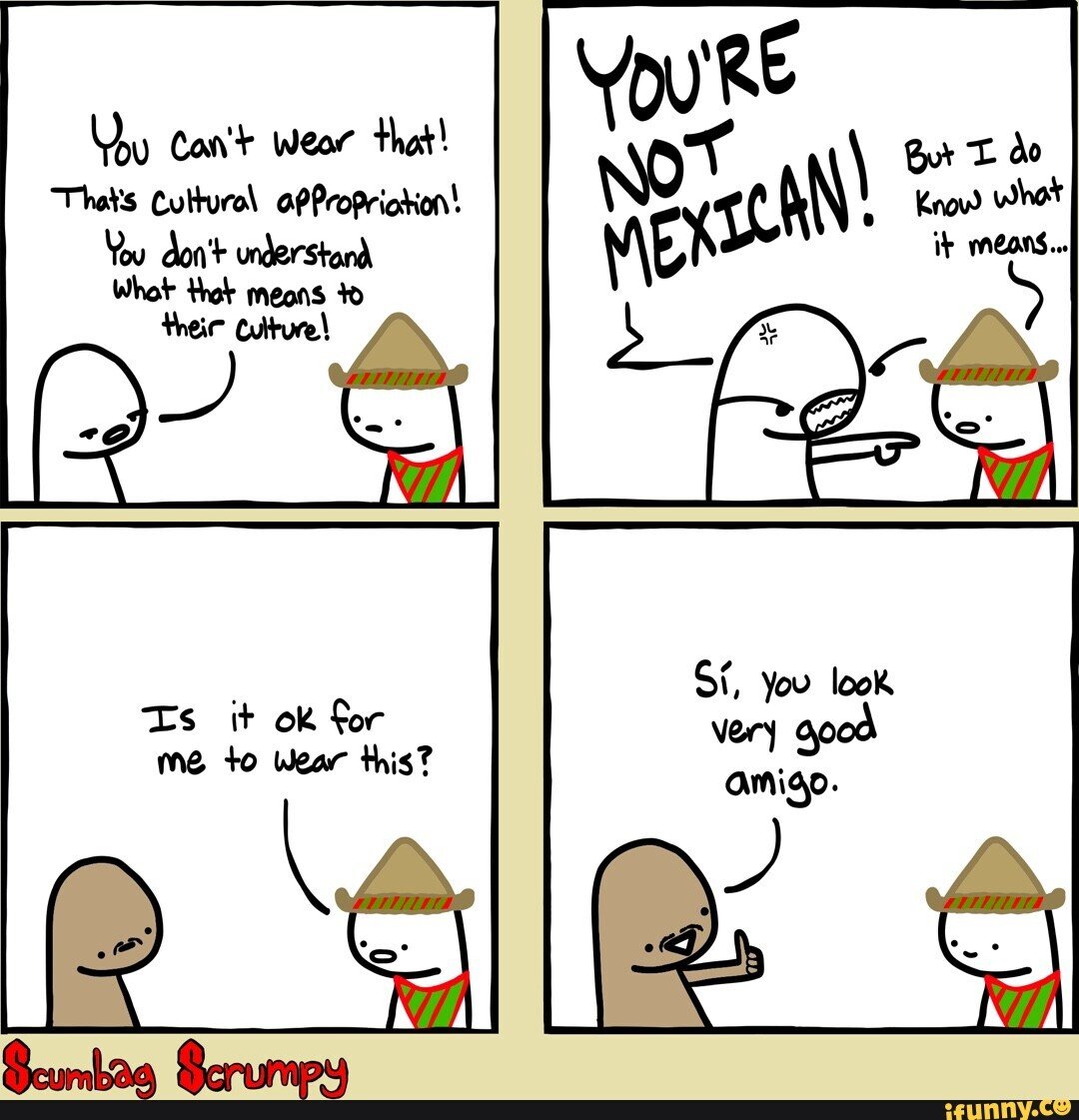this post was submitted on 14 Jan 2025
926 points (89.8% liked)
Comic Strips
13197 readers
3452 users here now
Comic Strips is a community for those who love comic stories.
The rules are simple:
- The post can be a single image, an image gallery, or a link to a specific comic hosted on another site (the author's website, for instance).
- The comic must be a complete story.
- If it is an external link, it must be to a specific story, not to the root of the site.
- You may post comics from others or your own.
- If you are posting a comic of your own, a maximum of one per week is allowed (I know, your comics are great, but this rule helps avoid spam).
- The comic can be in any language, but if it's not in English, OP must include an English translation in the post's 'body' field (note: you don't need to select a specific language when posting a comic).
- Politeness.
- Adult content is not allowed. This community aims to be fun for people of all ages.
Web of links
- [email protected]: "I use Arch btw"
- [email protected]: memes (you don't say!)
founded 2 years ago
MODERATORS
you are viewing a single comment's thread
view the rest of the comments
view the rest of the comments

A good example I heard once was concerning the tagelharpa. It's an Estonian instrument, historically used in Estonian culture, however if you hear it you'll probably think Vikings. The modern viking/pagan/neofolk music scene uses it prominently, and as it has a much broader reach than Estonian culture, this has lead (through no fault of the musicians I must add) to situations where many people think of it as a "viking" instrument, even though it never was. Thus, a piece of Estonian culture is widely appreciated as belonging to another culture, due to popular media influence.
I don't know if this is really an example of cultural appropriation, but that example helped me grasp the concept (if it is a good example).
That's really interesting! Nice sounding instrument
That's an interesting one. It's not like you can stop music and explain the instrumentation in the middle of a song. I have seen in live shows when they use uncommon instruments they'll explain it either at the start or between songs.
It's not. People use stuff from other places and call them different names all the time
...and then over the coming years, decades, or centuries adjust those things either for differences in practical use or cultural tastes and that's where a lot of things in most cultures come from. Some things tend to independently evolve in lots of different places though because the idea is simple and the need it fills practically universal (like spears or fermented foods).
But don't be shocked by the sheer amount of our people modified this thing that those people we traded with used who modified this other thing that some other people used, etc, etc and that's why our cultural thing is really some ancient Babylonian thing repeatedly stolen, rebranded and iterated upon over centuries. You know, like how we measure time. Or for anyone of European ancestry, writing.